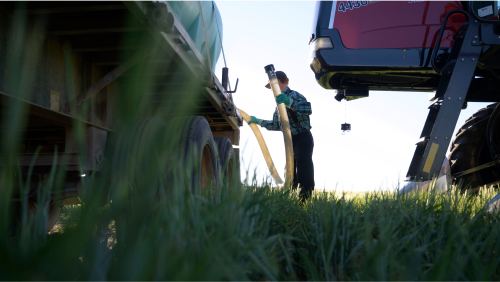Proline
title-product-highlights
Proline helps protect yield potential in corn by providing leaf disease control, stalk rot protection and DON reduction
Provides canola growers with the satisfaction of knowing their crop is protected from yield-robbing sclerotinia.
Provides white mould and ascochyta disease control in pulse crops, especially when disease pressure is high and multiple fungicide applications are required
product-details-heading
| crops | groups-active-ingredients | formulation-type | packaging |
|---|---|---|---|
Canola Corn (Field, Seed, Sweet) Cereals Soybeans Pulses | 3 Prothioconazole | Suspension Concentrate | 5.1 L jug = 40 ac. |
| crops |
|---|
Canola Corn (Field, Seed, Sweet) Cereals Soybeans Pulses |
| groups-active-ingredients |
|---|
3 Prothioconazole |
| formulation-type |
|---|
Suspension Concentrate |
| packaging |
|---|
5.1 L jug = 40 ac. |
| diseases-controlled | diseases-suppressed |
|---|---|
Ascochyta blight Asian soybean rust Crown rust Eyespot Frogeye leaf spot | Anthracnose Fusarium head blight Gibberella ear rot Grey mould Stalk rot pathogens |
| diseases-controlled |
|---|
Ascochyta blight Asian soybean rust Crown rust Eyespot Frogeye leaf spot |
| diseases-suppressed |
|---|
Anthracnose Fusarium head blight Gibberella ear rot Grey mould Stalk rot pathogens |
title-use-mixing


